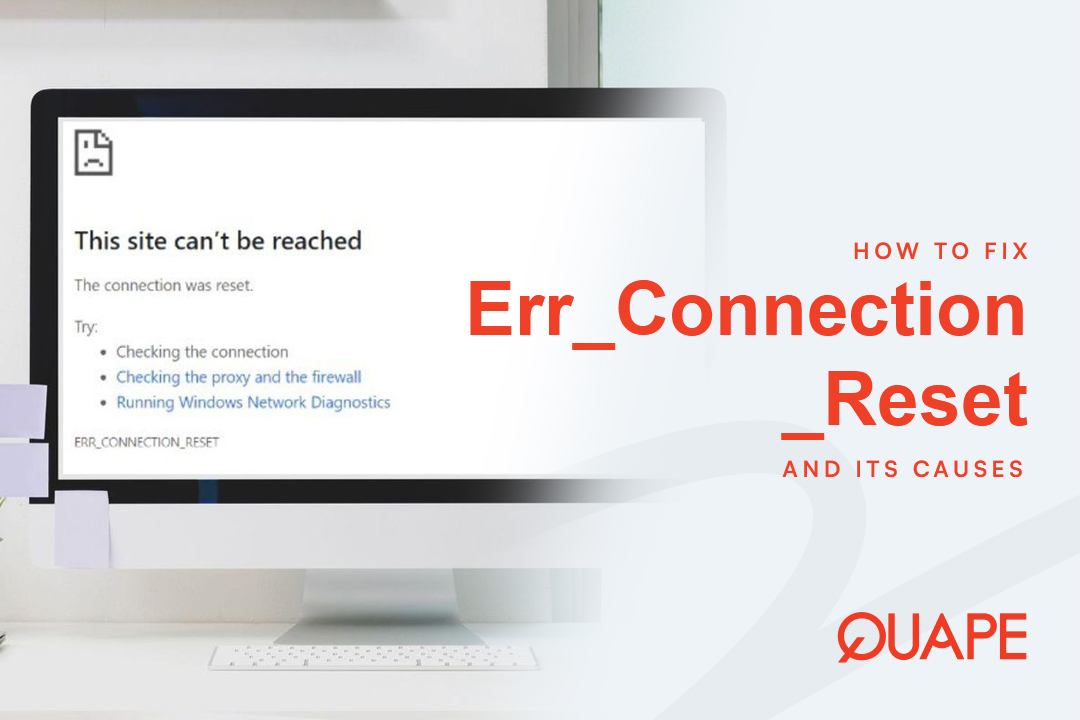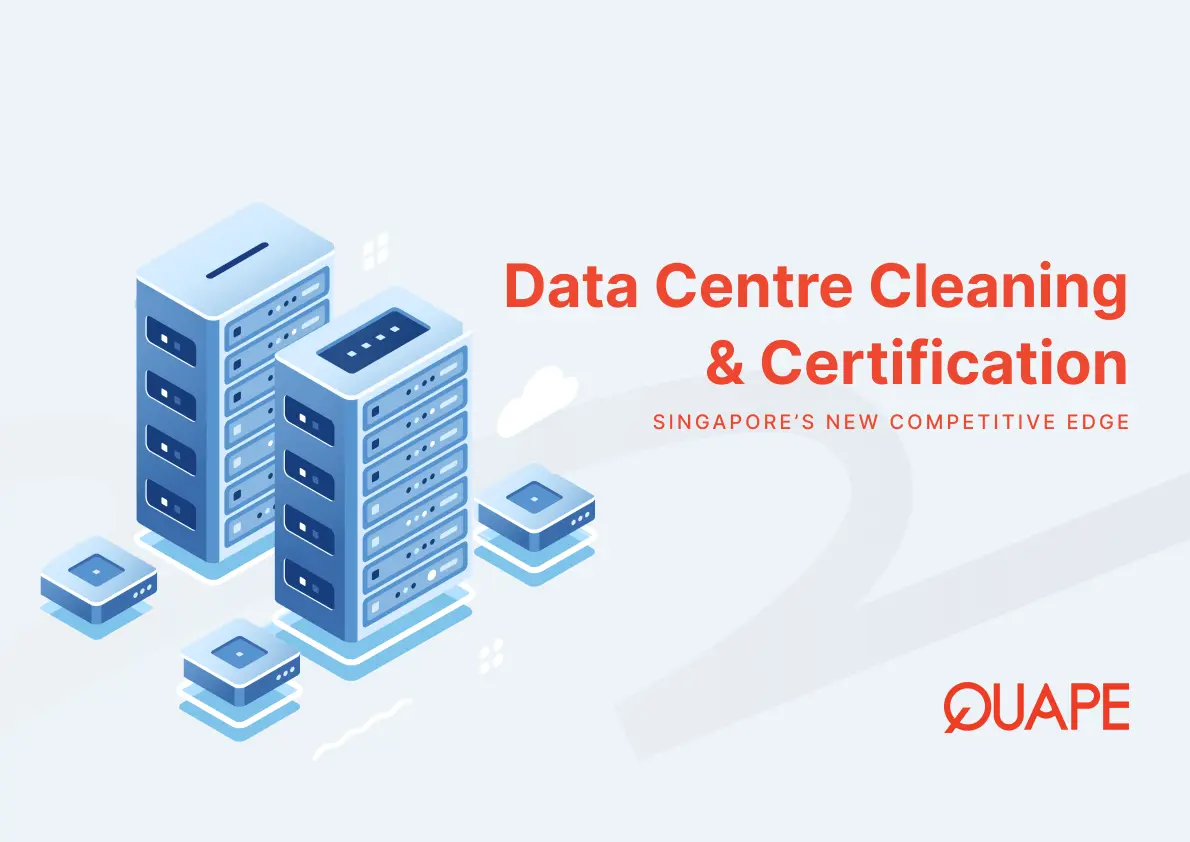Every business with a significant online presence faces a critical decision: where to house their IT infrastructure. Should you build and manage your own data center, or opt for a different solution? While the thought of keeping everything in-house might seem appealing, it often comes with a massive price tag and a logistical nightmare.
The global colocation market is a powerhouse, valued at over USD 60 billion in 2024 and projected to grow at a remarkable Compound Annual Growth Rate (CAGR) of 16.0% through 2030. In the dynamic Asia-Pacific region, that growth is even more pronounced, with an expected CAGR of over 19.2%. This explosive growth isn’t just a trend; it’s a clear signal that companies are finding immense value in colocation.
But what exactly is colocation? In simple terms, colocation is the practice of housing your privately owned servers and other network equipment in a third-party data center. You own the hardware, and the provider takes care of the physical facility, power, cooling, and security. It’s the best of both worlds, giving you full control over your equipment without the burden of managing a costly data center.
Choosing a colocation server can provide your business with a major competitive advantage. Let’s explore the five main benefits of this powerful solution.
Table of Contents
Toggle5 Benefits of Using a Colocation Server
1. Significant Cost Savings
The most immediate and impactful benefit of colocation is a significant reduction in costs. When you build and operate an in-house data center, you are responsible for enormous capital expenditures (CapEx) upfront, and equally large operational expenditures (OpEx) over time.
Think about it: building a data center can cost anywhere from $600 to $1,000 per square foot. Once it’s built, the OpEx hits you with ongoing expenses for power, cooling, network connectivity, and dedicated IT staff. In-house data centers can see 30-50% of their total operational costs tied directly to power and cooling alone.
By choosing colocation, you eliminate all that. You pay a predictable monthly fee for the space, power, and bandwidth you use, shifting from CapEx to a manageable OpEx model. A typical colocation contract can cost as little as $75 to $400 per month per server, a fraction of the cost of a private facility. This allows you to redirect your capital towards business growth and innovation, not infrastructure maintenance.
2. Unmatched Reliability and Uptime
Downtime is a business killer. In a world where every minute offline can mean lost revenue and damaged reputation, high reliability is non-negotiable. Colocation data centers are engineered for maximum uptime, a level of resilience that is nearly impossible and prohibitively expensive to replicate in-house.
Professional data centers follow strict guidelines and are often certified by the Uptime Institute, with Tier III and Tier IV facilities being the most reliable.
- Tier III: Guarantees a minimum uptime of 99.982%, meaning a maximum of 1.6 hours of unplanned downtime per year.
- Tier IV: Guarantees 99.995% uptime, with a maximum of just 26.3 minutes of unplanned downtime annually.
This level of reliability is achieved through robust redundancies across all systems:
- Power: Multiple redundant power grids, with generators and Uninterruptible Power Supplies (UPS) in place to ensure continuous power supply.
- Cooling: Redundant cooling units prevent overheating, which is a leading cause of hardware failure.
- Network: Multiple, diverse network connections with major carriers prevent a single point of failure from taking your business offline.
This dedication to redundancy means your servers stay online, no matter what.
3. Advanced Physical and Network Security
For many businesses, the security of their data and hardware is the top priority. Colocation providers invest heavily in multi-layered security measures, far beyond what most businesses can afford for their own facilities.
Physical security includes:
- 24/7 On-site Security Guards: Trained personnel who monitor the facility around the clock.
- Multi-layered Access Controls: Biometric scanners, keycards, and PIN codes ensure only authorized individuals can access specific areas.
- Video Surveillance: High-resolution cameras monitor every corner of the facility, with recordings securely stored.
- Individual Cages and Racks: Your equipment is secured in a private, locked cage or cabinet within the shared data center space.
Beyond physical security, colocation facilities also offer robust network security services. These can include advanced firewalls, intrusion detection systems, and DDoS (Distributed Denial-of-Service) protection that can mitigate large-scale attacks before they ever reach your servers. This comprehensive approach ensures your physical assets and digital data are protected from both human threats and malicious cyberattacks.
Also Read: What Is a Colocation Server? Simple Guide for Beginners
4. Exceptional Scalability and Flexibility
As your business grows, your IT needs will change. Colocation provides the flexibility to scale your infrastructure up or down without the cost and complexity of a major migration. Need more servers? Simply add them to your rack. Need more power or bandwidth for a new project? A quick call to your provider is all it takes.
This on-demand scalability is a game-changer. For example, major tech companies like Slack and Dropbox have used colocation as a core part of their growth strategy. They started small, and as their user bases exploded, they were able to quickly and seamlessly expand their server presence within the data center, a feat that would have been impossible with a traditional, fixed, in-house setup.
Furthermore, colocation allows for a hybrid approach, where you can use your on-premise infrastructure for specific, sensitive tasks while offloading the rest to the colocation facility. This kind of agility is essential in today’s fast-paced digital landscape.
5. Free Up Your IT Team for Core Business Activities
Building and maintaining an in-house data center requires a specialized and expensive team of IT professionals. They must handle everything from server maintenance and network configuration to emergency repairs and facility management.
With a colocation provider, you get a dedicated team of experts ready to assist. Most providers offer “Smart Hands” or “Remote Hands” services, where their on-site technicians can perform basic tasks for you, such as rebooting a server or swapping out a part, without you needing to send your own staff to the facility.
This frees up your internal IT team to focus on what matters most: developing new products, improving user experience, and driving business innovation. Instead of spending time on facility logistics, they can contribute directly to your company’s growth.
Conclusion: Making the Right Choice for Your Business
Choosing a colocation server is a strategic decision that offers a compelling mix of cost-efficiency, enterprise-grade reliability, and unmatched security. It’s the ideal solution for businesses looking to enhance their IT infrastructure without the massive investment and operational overhead of an in-house facility. The benefits are clear: you save money, ensure business continuity, and empower your team to focus on your company’s core mission.
At Quape, we understand the complexities of modern IT. While we specialize in delivering premium hosting solutions and dedicated servers, we also recognize that many businesses prefer the reliability of managing their own hardware.
That’s why we offer professional colocation services with secure, state-of-the-art data centers, redundant connectivity, and round-the-clock support. Whether you need a single rack unit or a full cabinet, Quape ensures your servers run in an optimized environment designed for performance, uptime, and scalability.
Start powering your business today by colocating your servers in Quape’s secure, high-performance data centers.
- How to Decide Between Colocation and On-Premise? - October 20, 2025
- What Is a Rack Unit (RU) in Colocation Servers - October 15, 2025
- Getting to Know Tier 3 Data Center: What Are the Benefits? - October 14, 2025



